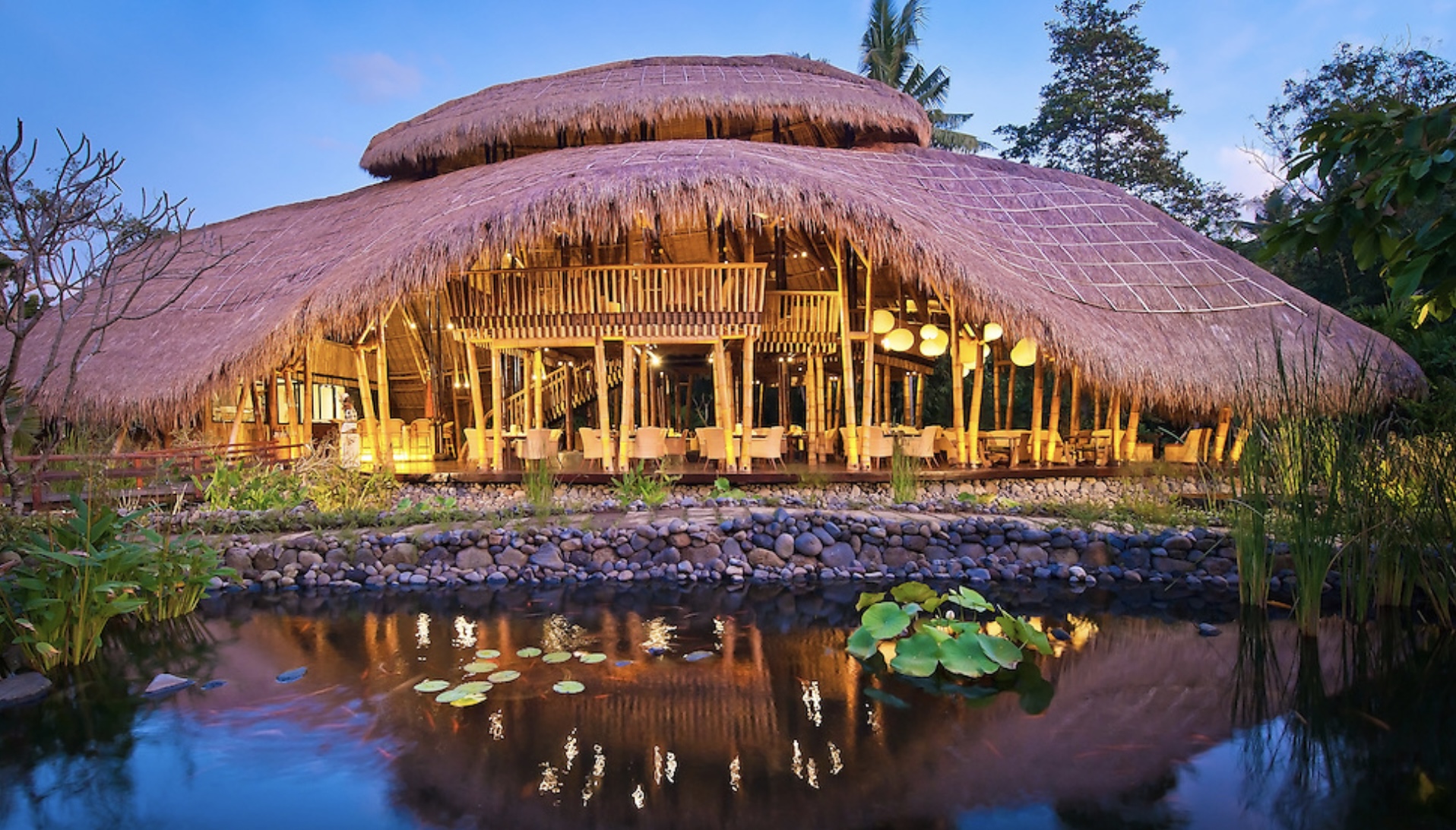with Soul, Purpose, and Presence – at Fivelements Retreat, Bali
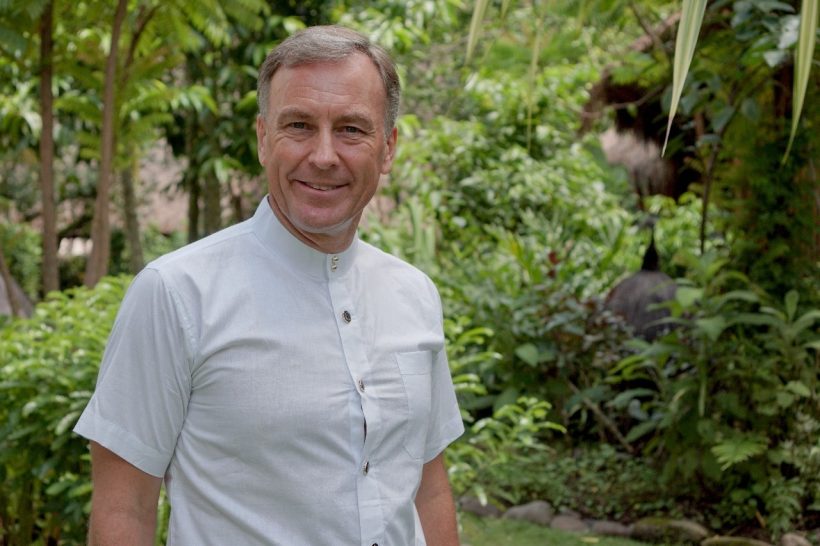
When you encounter someone who has lived and breathed hospitality for decades, you expect stories. However, when those stories are shared with quiet honesty, philosophical depth, and a genuine understanding of what it means to serve others with heart, it becomes something entirely different.
John Nielsen, General Manager at Fivelements Retreat Bali, has a résumé that spans continents and includes brands like Hyatt, Mandarin Oriental, and Crown. But for John, the heart of hospitality was never about grandeur. It was always about people, atmosphere, and showing up.
This is the first part of an in-depth conversation with a man who has not only worked at the top of the industry but has also challenged its conventions, constantly asking: What really matters?
From Film Reels to Flight Paths: An Unlikely Beginning
John’s career didn’t begin in hospitality—it began in the cinema. His family co-owned the first cinema in Odense, Denmark, and later a film production company responsible for over 120 Danish films, now part of the national archive.
“We owned the chairs, as you did back in 1908. Movies were always part of my life. But when I was growing up, the film world was confused. Video was coming in, and my father didn’t see a future in cinemas. So he was afraid to let me into the family business, which I still think was a mistake. Family businesses need new blood.”
After the business was closed, we sold the entire collection to the Danish Film Foundation, so future generations could learn from and access the country’s cinematic heritage.
Without a clear next step, a trusted advisor made a simple suggestion:
“You should go into travel. You like travelling.”
So he did.
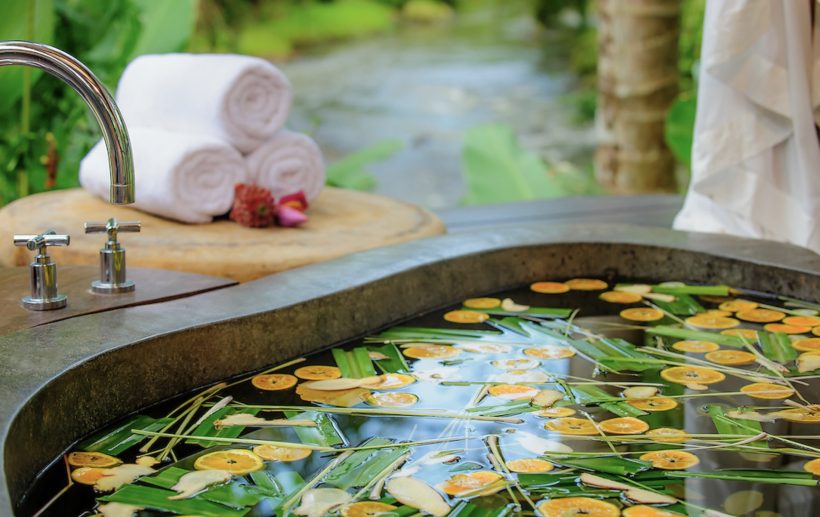
From Tour Operations to Hyatt: A Global Career Takes Shape
John began with one of Denmark’s biggest travel companies, working in Lisbon, Madeira, and the Algarve. The company, founded by Simon Spies, was a pioneer of European package holidays post-WWII. His slogan was simple: “Eat (spies translated into Danish), travel, and be happy.”
Eventually, John was repeatedly told he should get a “real” career in hotels. So he went to Switzerland, studied hospitality, and met a woman from Sydney. She became his wife, and over 30 years later, they’re still together.
From there, his hotel career took off. He worked in Hong Kong with Mandarin Oriental, and Grand Hyatt Hong Kong for a decade, and helped open Crown Casino in Melbourne in the ’90s.
“I was probably quite the traditional hotelier. But there was always something in me that said, I’m not really the traditional character.”
Hospitality Meets Heart: A New Philosophy Emerges
John’s work with Crown was intense. He opened and managed 12 restaurants. He saw the machine of big hospitality in motion—but also the human cost. After a brief stint with Ritz Carlton in Kuala Lumpur, he was forced to reevaluate.
“I realised this wasn’t working with the kids. My brother said something that stuck: ‘You need to prioritise. You’ve got a wife, kids, and a home. This global hopping thing—it’s causing havoc.’ And he was right.”
So he pivoted.
John co-launched Liquid Assets, a climate-controlled wine storage and logistics company designed for serious collectors and small, high-end vineyards. The business grew fast—Giaconda, Bass Phillip, and Hanging Rock Wines became clients. Liquid Assets offered temperature-controlled storage, distribution, and wine education.
“We ran tastings, masterclasses, and worked with writers like Max Allen and Jeremy Oliver. People didn’t really get it at first, but once the train got running, it made total sense.”
We eventually sold the business to the Prince Hospitality Group in Melbourne, but not before leaving our mark on a niche industry that still respects personality over polish.
On What Makes a Great Restaurant: It’s Not Just the Chef
One of John’s key philosophies—honed over years of managing venues and teaching hotel students—is this:
“I used to ask students and clarify that there was no right or wrong answer: What makes a great restaurant? Is it food, service, or atmosphere? Most would say food first. But I always said food is 30%, service is 30%, and 40% is atmosphere.”
“You’ll forgive a slightly overcooked steak if the service is kind and the space feels great. But you could have perfect food, and if the place is soulless, you probably won’t return.”
This idea—hospitality as feeling—runs deep in John’s thinking. It’s not about stars. It’s about soul.
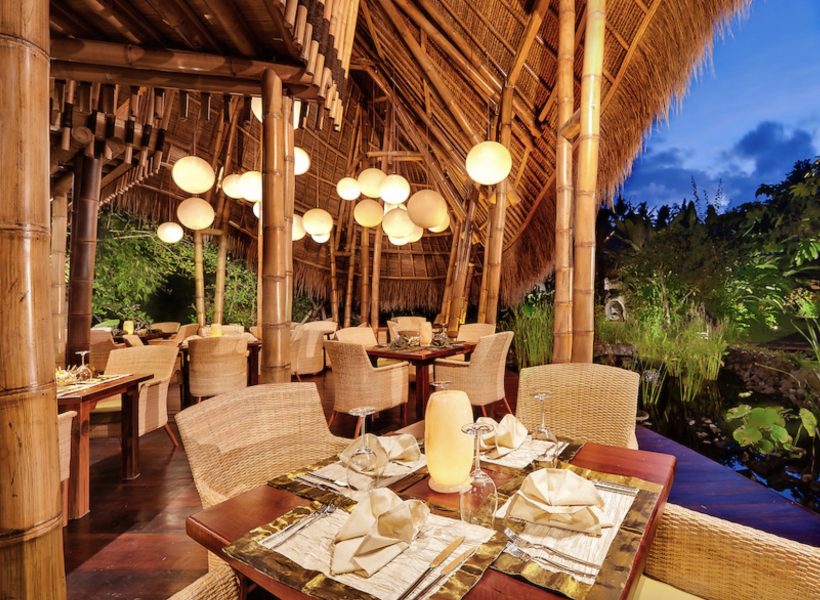
The Lost Art of the Maitre D’
John is vocal about how the hospitality industry has shifted its focus from human presence to back-end systems, from front-of-house leadership to data dashboards.
“The old-school GM standing in the lobby? Gone. Now it’s email. Spreadsheets. I know GM’s who say they’re ‘at work’ once they’ve cleared their inbox. But the guest doesn’t live in your inbox.”
He reminisces about restaurant legends in Europe and Hong Kong, where the maitre d’ was the beating heart of the venue.
“Nobody could name the chef at The Ritz. But everyone remembered the maitre d’. That guy who knew when someone walked in with a mistress on Wednesday and the wife on Friday.”
It’s not just nostalgia—it’s a warning. The industry, he argues, risks becoming soulless unless it rediscovers the value of presence, conversation, and truly hosting.
“That’s why I stand at Sakti Dining Room every morning at Fivelements Retreat making coffee. I’m not the best barista. But I get to say good morning to every guest. I hear what’s really going on. No report can show you that.”
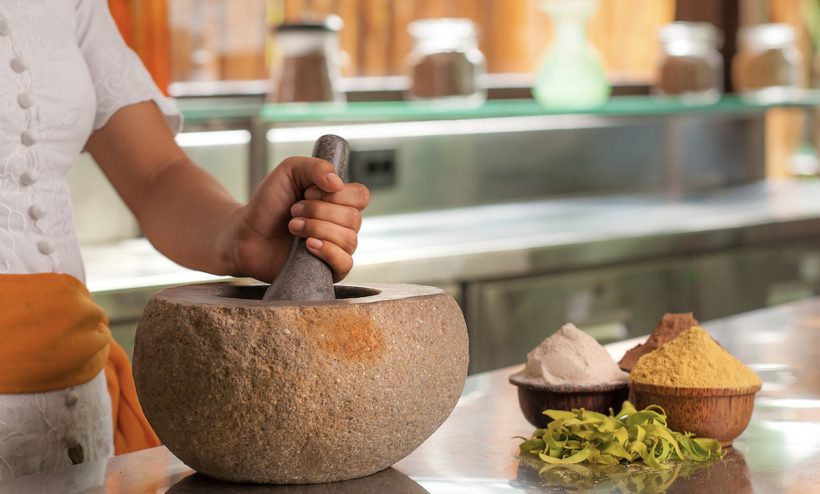
Looking Ahead: Leadership with Presence
Now based at Fivelements Retreat Bali, John’s world is wellness. But not in the trendy, green-juice way. His version is grounded. Soulful. Real.
He blends years of operational knowledge with a belief in personal connection. He cares as much about the energy of a space as the efficiency of a system. And he’s a rare executive who understands that data can’t replace dialogue.
“Guests don’t remember the spreadsheet. They remember how they felt.”
On that note of wisdom, we had to stop – just temporarily as duties called. Much more to come.
And thank you John, for your insights and time. CMG.
To Be Continued…

